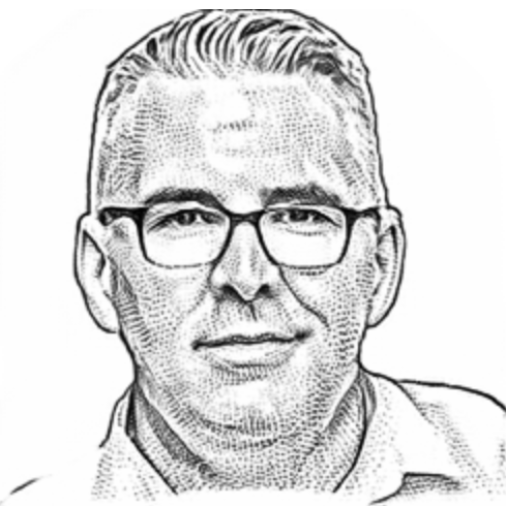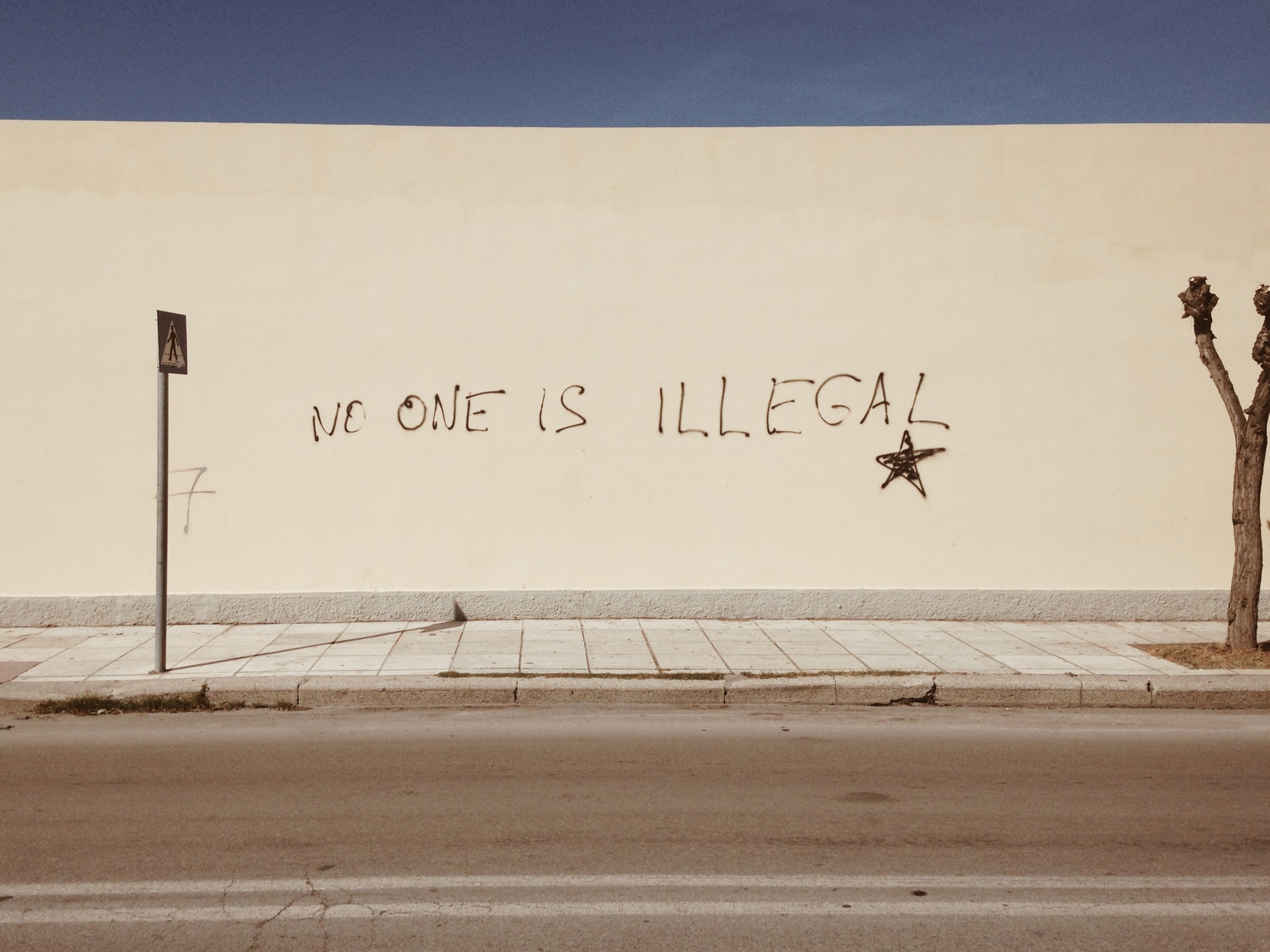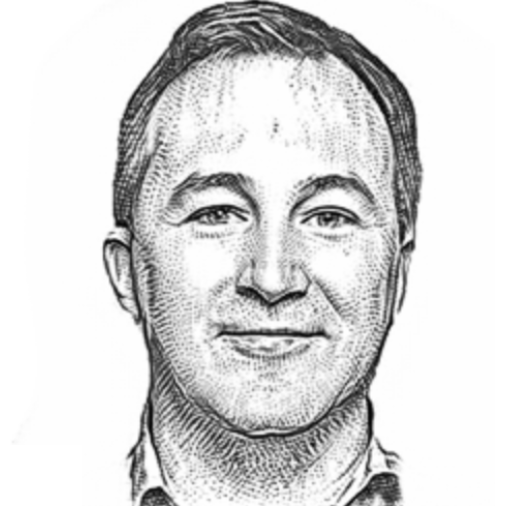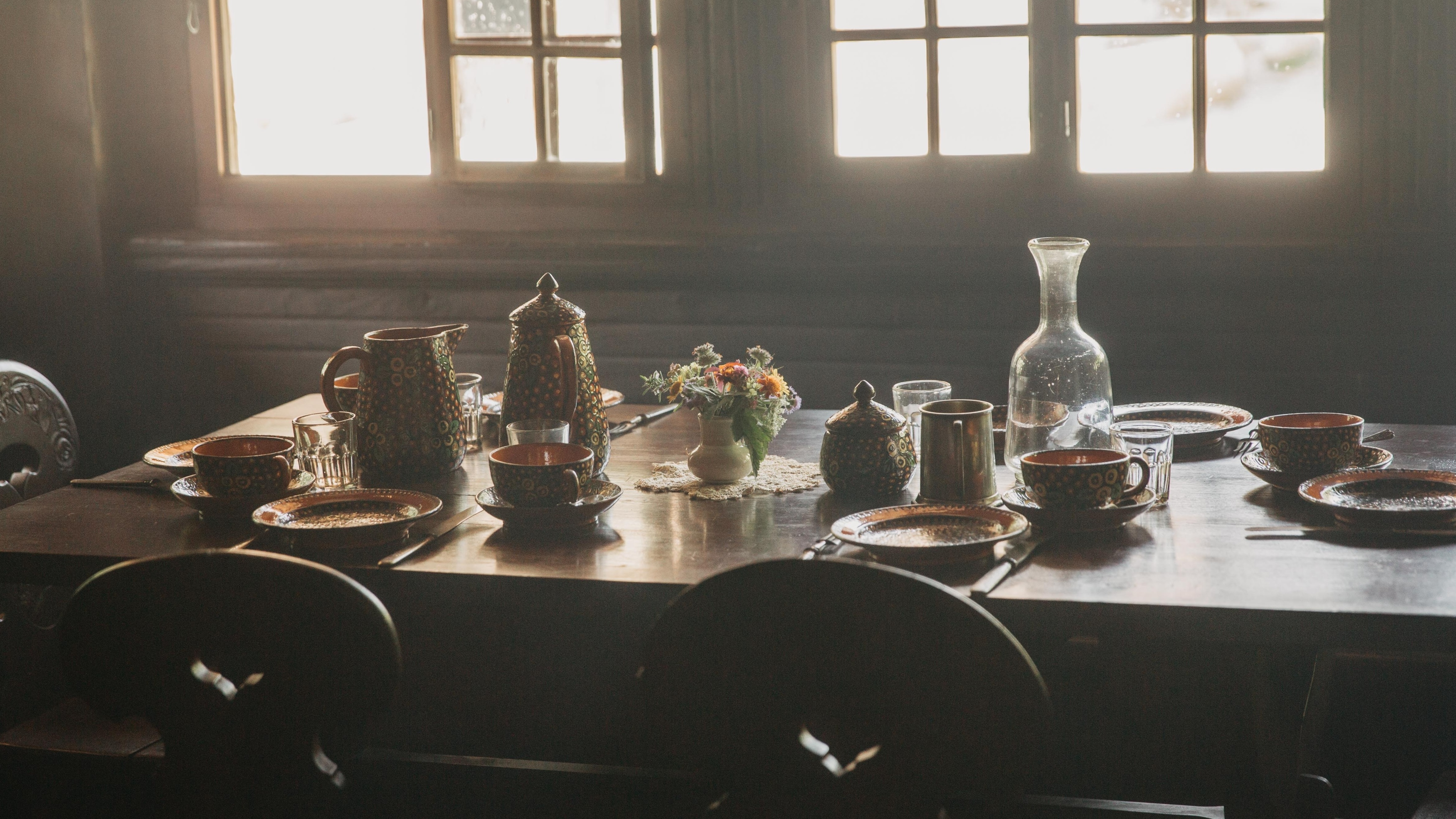Meditations on a Hanging Scale



Have you ever considered the phrase “Hanging in the Balance”? It alludes to a time when the most common form of measuring something’s weight was to hang it on a apparatus that would compare the object being measured to a set of standard weights on the opposite side.
It’s interesting that the phrase has come to mean something that is in a precarious condition, or something that is in danger of ceasing or disappearing. Heisenberg postulated that reality doesn’t exist until it’s observed. Then this correlative phrase about hanging in the balance seems to be indicating that once something is measured, it may be in danger of disappearing. I think someone also said that “perception is reality”. It’s paragraphs like this that make me feel great empathy – scratch that – sympathy, for anyone trying to learn the English language.
But let’s return to the hanging scale as an instrument of measurement. During a recent Speaker Series broadcast on Fundamental Freedoms, David and I were speaking with Todd Miller, and much of our conversation revolved around Covid-19 mitigation. I tried to imagine a scenario where we could pile all of the monumental consequence of this pandemic on one side of the scale, and the consequences of mitigation efforts on the other.
Making some incredibly oversimplified assumptions, I said something along these lines:
It appears that the United States has seen approximately 18% excess deaths during the course of the pandemic. Canada, by comparison, has arguably had more strict mitigation measures in place throughout that time. Canada’s excess death rate may be in the order of 6%. Assuming Canada’s normal mortality rate is .75%, then you would expect 277,500 people to die in a year’s time. If Covid-19 increases that by 6%, then 16,650 people were lost to Covid-19. Had Canada’s experience been the same as the United States, then 33,300 additional people would have been lost. So, one could reasonably ask the question…
Were all of the consequences of lockdowns, school closures, event cancellations, mask mandates, etc. worth those 33,300 lives?
A viewer on Facebook Live commented within seconds… “Yes!”
That seems like a reasonable response. When you put some survivable inconvenience one side of the scale, and 33,300 lives on the other, it appears to be be no contest at all. After all, for the last twenty years, almost everyone in North America has taken their shoes off before getting on an airplane. This was ostensibly in response to the almost 3,000 lives lost on September 11, 2001. Again... no comparison. But it's interesting to consider - that’s almost 20,000,000,000 opportunities to smell someone else’s feet... so it's not nothing.
Enough of being glib. Let's really explore what it would take to "put this issue to the scales". For reference, let us call our two sides of the scale Death (meaning Covid-19 Deaths) and Consequences (meaning the consequences of mitigation efforts).
On the Death side you need to add everyone who has died as a result of Covid-19. We really haven't even started, and already we are in rocky terrain. Many might argue that there has been some sort of overzealousness in attributing deaths to Covid-19, that may have actually been something else, with Covid-19 being a coincidental condition. Although that may be true or untrue to some extent, there's no arguing the sharp and sudden upward spike in overall mortality beginning in March of 2020. Covid-19 would have to be the major culprit. Add to the Death side of the scale all of the bereaved loved ones left behind in these tragic situations. And then add the weight in many cases of not even being able to sit with, comfort, or converse with those that lay dying. There is also great economic cost to lives cut short. But you could also point to the economic benefits of the same. The United States (and Canada) have serious underfunding issues when it comes to fulfilling the economic promises that have been made to retiring baby boomers. A virus that targets this age demographic will to some extent help alleviate this - terrible, but true. Add to this the lost productivity of those grieving for the loss of loved ones. Then there is the considerable weight of the burden on the health care system and the economic costs associated with it. Add to that the burden on those who may have gone without proper care, as facilities prioritized the care of critical Covid-19 patients. As we have heard and seen, the personal, psychological and emotional toll upon those who work in the health care system has also been great.
The Consequence side of our imaginary scale is equally as complex, and also probably impossible to fully articulate. There is the cost to businesses - many who had immediate and devastating consequences as people were forced to stop travelling, eating out and recreating in normal ways. As health care providers delayed or cut back on elective procedures and preventative health measures, there were cases of cancer that went undiagnosed longer than they would have, people who endured pain or discomfort for extended periods of time, or people who's conditions worsened. There was a measurable increase in numbers of suicides due to isolation. Mask mandates meant that there were young children that spent the first formative year of their school career not seeing the faces or expressions of their teachers and classmates. There were older children who after 13 years of school were not able to graduate in person with their class, attend senior proms, or go on senior trips. And after a summer of relative isolation, began their post secondary experience largely by themselves in their dorm rooms, taking classes online. Children in abusive situations who might normally receive attention or assistance in a school setting were not at school to be noticed, and their abuse may have been exacerbated by parents who also felt isolated, or were dealing with the fallout of lost jobs and the extra pressure to find child care alternatives. On this side of the scale too, are myriad mitigating factors that lighten the load. Many families experienced an increased sense of togetherness, as extra curricular activities were curtailed. As some states experienced devastating loss to economic productivity, other states experienced and economic boost as people visited, or sought to move to less populated, less restrictive areas.
As lengthy as these lists are, they don't scratch the surface of the true cost - economically, emotionally or otherwise.
As if that's not enough, there are horrific comparisons that would need to be considered if the scales are to be a true measure of reality. Should the life of an 85 year old retiree, and the accompanying bereavement be assigned the same weight as the suicide of a 19 year old college student? Is the weight of a child's missed last opportunity to spend a Christmas with their grandparents, more or less consequential than an overworked, exhausted nurse not being able to spend Christmas with her own children?
Personally, as I contemplate these impossible questions, two ideas dominate my thoughts.
1. Science needs to include all science.
I've noticed the term "Science" has been evolving in the recent months. I see it referred to as if it were some organized and authoritative source of truth. Have a hard question? Just ask science. Phrases like "believing in science", "trusting science", "agreeing with science" seem to give character and personality to an idea that inherently has neither. According to Merriam-Webster Science is "knowledge about or study of the natural world based on facts learned through experiments and observation". If we are going to look to epidemiologists, virologists, and other disease experts to help us understand the possible weight on the Death side of our scale, then we also need to look to psychologists, economists and statisticians to try and understand what is stacked on the Consequence side.
2. Government may not be the best arbiter of mitigation.
As Nancy Pelosi so eloquently put it when protesters toppled a statue of Christopher Columbus in her native Baltimore, and then threw it in a harbor... "People will do what they do." Watching the events of 2020 unfold, I have often wondered what would have happened if government had not stepped in at all. No daily news briefings, no mask mandates, no mandatory closures of businesses, no stay at home orders. Many people seeing the death toll during the initial surge in New York, may have started to take measures to keep themselves safe. Water cooler talk across the country would have been dominated by discussion about "this strange new disease", or "the worst flu season in recent history". Everyone would have begun to measure their own risk, and to seek information from media, local health districts, doctors and of course - the Internet. Masks would have inevitably become a hot topic of conversation. I think many people, seeking an edge against the invading disease, would have started masking up. Some concerts and other public events would have been cancelled due to diminished interest. Others would have been altered to allow attendees to feel safe despite the potential concerns. Perhaps less government intervention would have resulted in a catastrophically higher death toll. Perhaps it would have resulted in roughly the same outcome. It's probably impossible to say.
As a boy, one thing I learned from movies was this - When the spam really hits the fan, the next scene is sure to take place at the Oval Office. Aliens invading? The President will hold a press conference and tell you what kind of household cleaner will ward them off. Asteroid approaching? Turn on CNN and the President will tell you how long you have to live. But that's the movies. In real life... people will do what people do.
As we contemplate this imaginary scale, bent and breaking under the crushing weight of human suffering on both sides, no easy answer appears. There might be no answer at all. Maybe when these sorts of cataclysms come upon us, it's best not to look for new wisdom, but to rely upon wisdom we've already accumulated. Maybe these are the times when we stick to our principles, our faith, our common sense and a commitment to make the best decisions we can based upon the information we have.
If you are distressed by anything external, the pain is not due to the thing itself, but to your estimate of it. And this you have the power to revoke at any moment. -Marcus Aurelius


